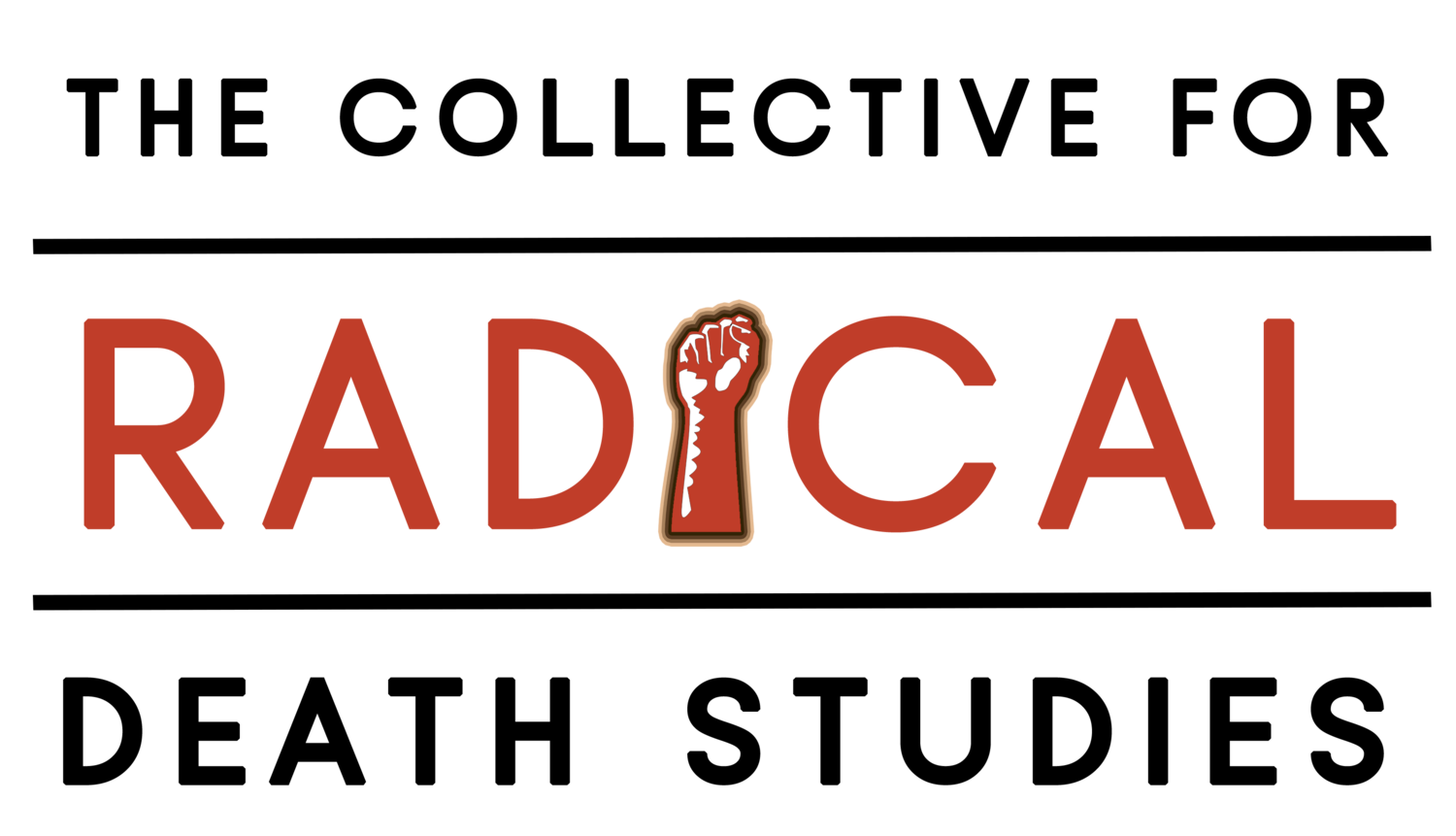Raising Awareness on Public Disposition Programs
This Field Note has been contributed by Amy Shea, Heather Massey, Liz Dunnebacke, Kat Kimball, Jade Desmarais, Isabel Knight, and Elizabeth Guthrie of the Equitable Disposition Alliance.
When someone dies without the resources to pay for disposition and their family is also unable to afford direct burial or cremation, it’s hard to know how to proceed. It is similarly difficult for individuals to plan for their own deathcare when they do not have family, friends, or local services to help guide and assist them through the process. People may not know what rights they have, what benefits or assistance, if any, they can apply for. The process can seem opaque for claiming the body and their county’s process for disposition of those labeled as “indigent” or “abandoned.”
A group of concerned professionals created the Equitable Disposition Alliance (EDA) in 2021 to address this need. The founding members realized they were observing problems with access to free or low-cost public, government-run disposition options (oftentimes referred to as ‘indigent disposition programs’) in their communities. Realizing that similar barriers to accessing these services are likely to be the case in many regions across the country, the group began to meet regularly to formalize an effort to look at this issue more holistically. EDA is a multidisciplinary coalition that advocates for affordable and accessible disposition options for all. Its members are a group of deathcare practitioners and academics including a deathcare educator, a funeral consumer rights activist, an essayist and writer on death and dying, a founder of a nonprofit deathcare organization, and a former funeral director apprentice currently working in veterinary deathcare.
At the start of 2025, the EDA received a Good Death Fellowship from The Order of the Good Death. Our goal is to use that fellowship to execute our vision to create a free, public-facing, and searchable database compiling the details of public/indigent disposition programs for the at least the two largest counties in all 50 states. We hope to create awareness about this issue on a national level and educate the community about affordable disposition so that individuals can make informed decisions about their own or their loved ones’ disposition. Finally, we aim to conduct education around the terms “indigent” and “abandoned” that are often used as technical terms for these programs, and to suggest more accurate, descriptive, and less marginalizing language that can be adopted as awareness grows about these issues.
To achieve our goals, the EDA is spreading the word about our project and inviting volunteers to join us in researching public disposition programs around the country and sharing other skills and knowledge that can help this project be a success. If you’re interested in joining our endeavors, please apply to volunteer! EDA members were drawn to this work through personal experience with death or witnessing first-hand inequities that exist in nearly every aspect of what follows. We believe that everyone deserves access to a dignified disposition and memorialization, regardless of wealth or socio-economic status.
Equitable Disposition Alliance
February 3, 2025
